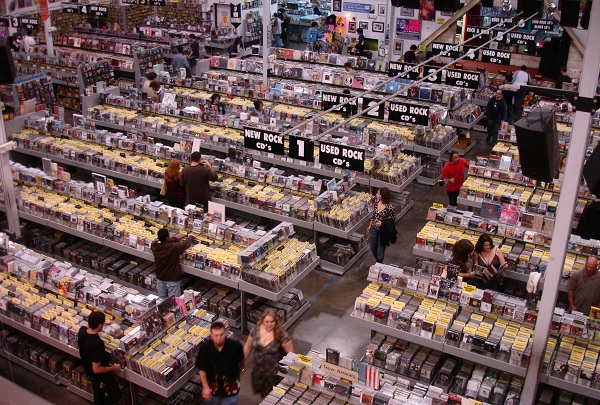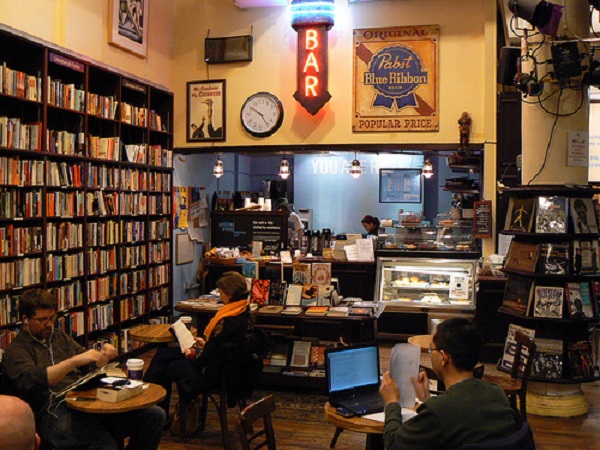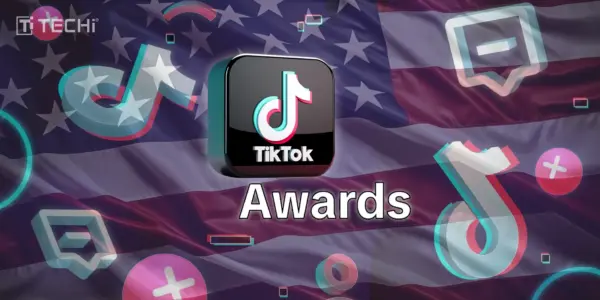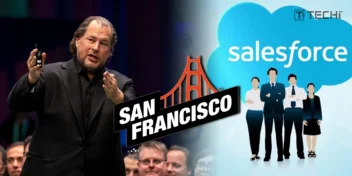It has become common wisdom that retail stores that carry physical media – CDs, books, movies in particular – are, to use the scientific term, “toast”.
And indeed, whatever is being said, physical media stores are going through an upheaval: in the U.S. Borders seems barely solvent; in the U.K, Waterstones and HMV are shutting stores. It’s a pattern being repeated everywhere. Around the wealthy parts of the world, retailers who trade in old media are struggling.
But they aren’t dead. Or, at the very least, they don’t have to die. There are steps that can be taken so they can save themselves. It won’t be easy. But then… well, you know how that goes.
How the Web Broke Retail

In a basic sense, we know what’s behind this.
First, customers have flocked to online retailers like Amazon, who can offer deeper discounts because of volume, and the fact that their warehouses require no sales-staff, less rent and can house vastly more material.
Secondly, digital media is, ya’ know, digital; you don’t need to go to a store to get a song off iTunes.
But it’s not as if digital sales simply filled the vacuum left by the decline in digital. Instead, the entire approach to consuming media has changed. Rather than a scarcity of media, there is a glut. You can stream more music than a thousand people could listen to in a thousand lifetimes. Buying makes less sense because there is so much ‘free’ (i.e. ad-supported) music around.
The web broke retail not just because it made shopping easier, but because it took away the need to always purchase media to experience it.
For Media Retail, Big = Death
In the face of such circumstances, you might think that one of the key ways the physical media retail could survive would be about economies of scale. Like HMV, they should sell millions of DVDs at a low margin to make up for lost CD sales and kinda’ sorta’ make survive.
If you thought that, you’d be wrong.
See, when it competes on scale and volume, retail will struggle to keep up. On the one hand, there are the now-infamous ‘long tail economics’ – the idea that online companies make money selling a few of each of their whole inventory rather than just millions a few big hits.
And on the other, there’s the simple fact that shopping online for things like books, CDs and DVDs offers a selection and price retail jut can’t match. When you can offer music from 1 million different artists online – for a fraction of the cost of printing a CD – how can retail possibly compete? Well, it can’t.
So retail that sells old media is dead, right? No. What physical media stores need to do in order to survive is go back to their indie roots.
Why Indie is the Future of Media Retail

Independent stores for books, music and film – small, locally owned places also called ‘indie stores’ – always had two distinct advantages over their bigger, conglomerate competitors:
- a specialized selection of things you couldn’t find elsewhere;
- and a community of eager, committed customers and artists.
The web has evaporated the first advantage. Amazon, Apple, eBay, and other massive corporations’ e-stores are populated with more weird, hard-to-find indie stuff than any of my local stores and I’m sure yours too. The argument that ‘only cool indie stores have the latest, coolest stuff’ is now over.
But as for the second… well, here is something that has not yet changed. People who like music, films, books, photography – they still like those things. And what’s more, they want to connect with other people who like the same things, and the people who actually make the art that they like.
Beyond that, you still need a space to make local, community events happen: book readings, a spot for a small band to play songs from their new album, places for film buffs to get together. Small is vital for the culture of art because it’s how communities of artists and their fans connect.
The Solution is New Scarcity

The internet is great at abundance. But here’s the thing: people still want scarcity. They want personal, unique, in-person experiences. And maybe a music store can’t survive selling a few CDs, some vinyl and T-shirts. But it might survive if it could become a place within its community for, say, music fans to gather and experience those things they cannot elsewhere.
The web has made media like air. It’s everywhere. But the things around media – live experiences and community – can’t be reproduced electronically. And stores can survive by fostering that sense of community and then finding a way to make some money from it.
Want examples? This bookstore in Brooklyn (where else?) survives by holding a ton of events that make it a place people want to survive. Meanwhile, these UK record shops have stuck around by specializing and going ultra-niche, becoming centers for their fans.
The key here is this: it’s possible physical media may become a niche obsession; but some , probably small number of people will still want print books, CDs, Blu-Rays and DVDs because of the physical aspect of an object and the way it provides a tangible connection to the art and artist who made it.
Few stores will ever make enough money selling just a few copies of those things to their committed fans. This is why indie bookstores the world over have been closing. But what they can do it to make abundant media the scaffolding around which you build new scarcities. Some examples:
- The bookstore as coffee shop;
- the indie record store as bar/concert venue;
- the movie store as place for special-interest screenings.
The media store, instead of selling media, has to sell other things so that specialized media can survive and thrive by building communities around it. They have to become places for community and art and entertainment to thrive.
After all, the option is simply that digital media is everywhere – and that we sit in front of our computers, experiencing it all alone. Instead, stores that sell physical media will have to become part of their community so that all people who love music, books and film can form one.




